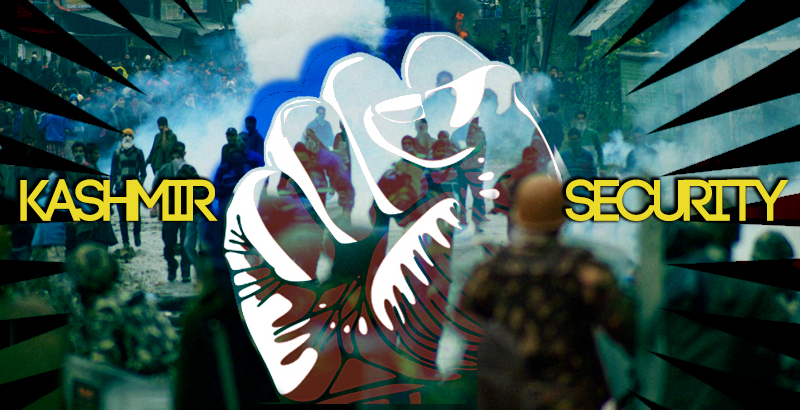
Originally appeared at A-specto, translated by Borislav exclusively for SouthFront
Indian authorities called on its security forces to show restraint during protests in the state of Kashmir, and to replace firearms with non lethal weapons. Tensions in the region escalated after the assassination of Burhan Vani on the 8th of July, who is the commander of “Hizbul Mujahedeen”. While the group is defined as a terrorist organization by India and the US, many Kashmiris and Pakistanis believe that its members are fighting for freedom. The elimination of Burhan Vani by the security forces led to mass protests in which nearly 50 people were killed and another 5,000 were injured.
The territorial possession of Kashmir has for decades been a cause for clashes between New Delhi and Islamabad. Both India and Pakistan claim the whole region, although exercise partial control over it. The area has been a subject to severe military clashes from 1947 onward, when the two sides managed to win their independence from Britain. Bill Clinton called this piece of land “the most dangerous place in the world” and it has been the cause of four wars and countless skirmishes in the last 70 years. The fighting in the 1980’s was especially biter when pro Pakistani and separatist forces were trying to break away from the “occupation” of New Delhi.
After the new protests started, India imposed a curfew. Deadly clashes with security forces followed. An informational blackout was introduced – a temporary ban on printing newspapers was imposed and foreign news networks were blocked. India limited mobile Internet throughout the region, which means that the possible channels of communication were limited to the use of desktop computers.
The authorities have made checkpoints, and police began to use non lethal guns with buckshot. Some observers point out that the most jarring images are buckets of water poured in front of local stores to wash away the blood on the streets, as well as the bandaged eyes of young protesters who have been injured or even blinded by this type of non lethal ammunition. India has declared readiness to reconsider the use of these munitions, but they still accuse Pakistan of encouraging separatist agitation in Kashmir.
Demonstrators now bypass the traditional channels of information and use a different type of “arsenal” – social networks. Kashmiris use social platforms to organize meetings and to transmit information about the protests and the number of victims, calling on people to donate blood where there is an acute need for it. According to supporters of Burhan Vani, the reason for using social networks as a channel of information, is that there is not enough reliable information in the public sphere. They argue that the main Indian media channels, are misinforming the public.





